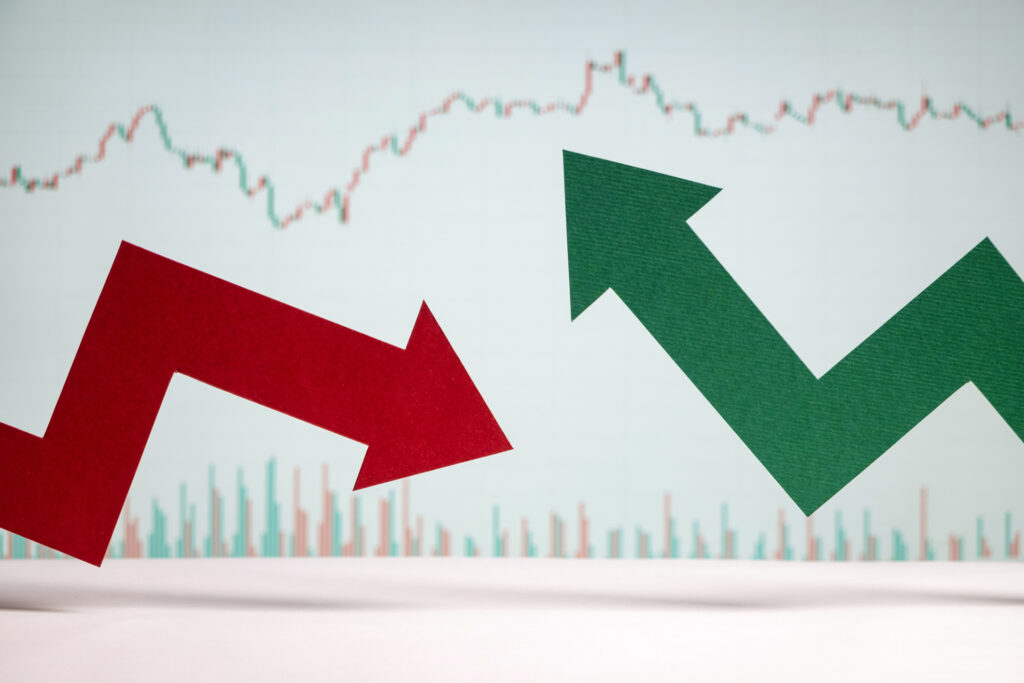
What is the consumer doing in this economy? We know they have been spending with debt and withdrawaling from retirement plans. Is this a strong economy or is the consumer going to start to slowdown? We will get a view this week of where the consumer is! The market will be on edge as the certainity of the future is trying to be defined.
This week brings the much-anticipated earnings releases from retail giants, driving attention towards both the retail sector and the imminent FED minutes. Among the prominent retail players like Walmart (WMT), Home Depot (HD), Target (TGT), TJ Maxx (TJX), and Ross Stores (ROST), the upcoming week could potentially shape consumer sentiment, impact debt levels, influence inflation, and even steer the Federal Reserve’s decisions regarding interest rate adjustments. Scheduled for release on Wednesday afternoon, the FED minutes hold the potential to provide insights into the timing of future rate hikes based on the detailed notes presented.
As we navigate through August, a month that has kicked off with its fair share of challenges, it’s crucial to acknowledge the anticipated strains in the market, a consequence of the time lag associated with interest rate hikes. As the cost of debt rises, consumers might inevitably tighten their purse strings, leading to a potential economic slowdown and subsequent job losses. While it’s premature to dismiss the possibility of a ‘Goldilocks’ economic scenario, exercising caution in the short term is advisable. As highlighted in our previous discussions, various negative aspects within the economy are poised to intensify due to the delayed effects of interest rate hikes.
The mindset of a Fiscal Investor takes these factors into account, prioritizing a long-term perspective and displaying relatively lesser concern for short-term fluctuations. The focus remains on identifying conservative value stocks that offer a blend of dividends and growth potential. Consider stocks like Abbie (ABBV), Kraft-Heinz (KHC), and Exelon (EXC), which present an attractive combination of a 3-4% dividend yield alongside promising growth prospects. Such stocks could serve as a compelling alternative in comparison to a volatile market or the yields of Certificates of Deposit (CDs). Notably, even in the unpredictable landscape of the tech market, Warren Buffet recently reaped a substantial $214 million dividend from Apple (AAPL), highlighting the resilience of long-standing giants. However, thorough individual research is essential.
Building a portfolio of dividend-paying stocks from reputable companies with strong growth potential is advised. Additionally, exploring options like ETFs and Mutual Funds that align with this strategy could be beneficial. In the upcoming week, we intend to spotlight these ideas further.
The essence of a Fiscal Investor revolves around long-term commitment. Evading short-lived stock trends, the focus should remain steadfast on nurturing sustained growth while keeping risk management at the forefront. Remember, it’s always more feasible to achieve an 11% gain following a 10% loss than aiming for a 100% gain after enduring a 50% loss. Uphold the principles of a Fiscal Investor by remaining steadfast in your investments, steering clear of short-lived trends.
